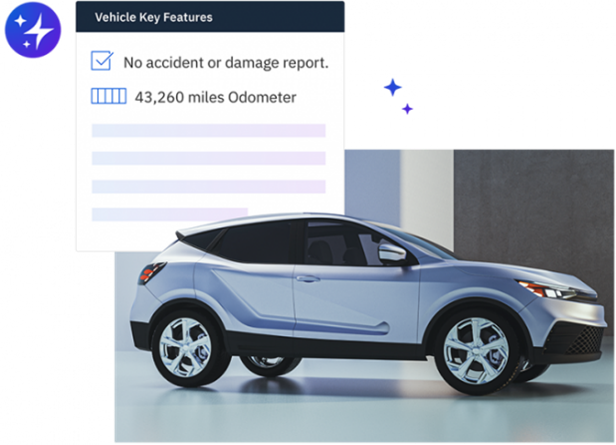Avoiding a Used Inventory Mixup

Article Highlights:
- Finding new ways to acquire and move inventory.
- What goes into accurate database mining.
COVID-19 continues to put pressure on the automotive industry. Sales teams have been forced into the new territory of online selling, manufacturers are playing catch up after halting production, and sanitation has become the new convenience factor in stores. But what really stands out to me is used inventory levels. As the pandemic has played out, it has gotten harder and harder to find quality used vehicles. Auctions aren’t what they used to be – both in terms of how they operate and vehicles available. And with the two month lull in sales during the spring, consumer trades took a hit as well. This issue is intensifying every day as consumers are fully back to shopping and are ready to buy. The challenge is, how do you serve them without the right inventory mix?
Mining your customer database is one way to fight back against an undesirable (or empty) used inventory lot. You can scour each profile to find those who are driving just the right vehicles you need, but that’s only half the battle. Of those, you have to find the ones likely to sell or make the trade today. So what goes into it?
Equity Mining
Equity mining consists of analyzing your customer database to determine how much equity a customer has in their current vehicle. Most people would think targeting only customers who have positive equity, even just a small amount, would give them the best opportunity to close a deal. This isn’t always the case. Positive equity certainly helps when putting together a deal, but negative equity customers can be just as ready to buy – sometimes more so – than positive equity customers. Disregarding negative equity customers right away is a huge miss.
Data Mining
Data mining helps you identify customers in the market and ready to buy or even sell based on life circumstances. It uses three types of data – demographic, transactional, and behavioral – to analyze each customer’s unique position. This includes traits from age and income, to warranty information and deal details, to selling a vehicle and going through a change of address. All these factors, and thousands more, have a generous effect on whether or not a customer is willing to play ball.
Extreme Mining
Smarter predictive analytics engines will combine every factor when deciding who’s an appropriate target. This includes both equity position – regardless if it’s positive or negative – and life circumstances. The reality is, the more data and information you have on a customer, the easier it is for the engine to determine their exact next move. Maybe it’s to simply sell their vehicle so it’s off their hands. Maybe it’s to trade in their vehicle for the newer model. Or maybe it’s to trade in their vehicle for a completely different model. You wouldn’t know without a robust predictive analytics engine.
Inventory levels aren’t just a challenge to navigate during the pandemic. It’s always important to make sure you’re allocating the right inventory mix for the right customer base. Take a look at your mining efforts and determine what category they fall under. If you’re only using one over the other, you could be missing the mark.
Related Articles:

The Future of Variable Ops with Experts at NADA 2025
Explore how AI is transforming variable operations in automotive retailing with insights from NADA 2025. Learn about efficiency, profitability, and fraud prevention from industry leaders.

Decision made regarding the Vehicle Shopping Rule – now what?
Check out five key takeaways from the Vehicle Shopping Rule to keep your dealership safe from FTC enforcement actions.

3 Ways AI Can Elevate Your Dealership’s Online Inventory
On average, Americans are exposed to between 4,000 and 10,000 advertisements every day. From commercials on TV to billboards on your way to work, all…

The Pizza Playbook – What Ordering Pizza Teaches Us About F&I
For as long as I can remember, my family had “pizza night” every week. Without fail, every Friday evening we’d all gather around the computer…















